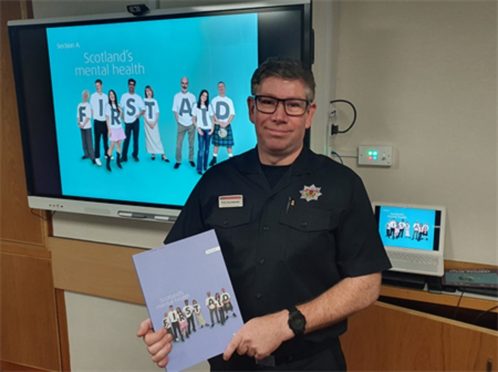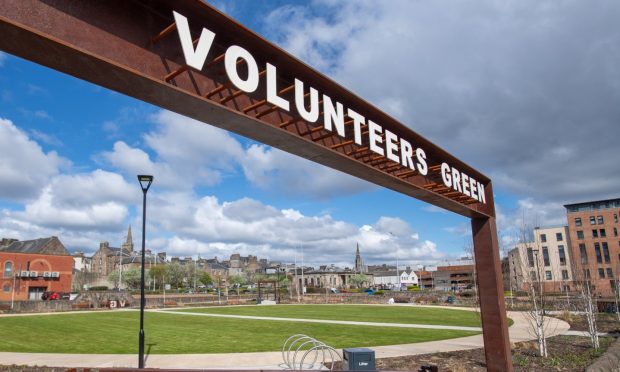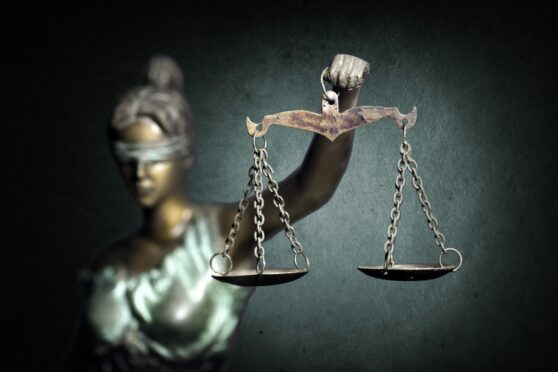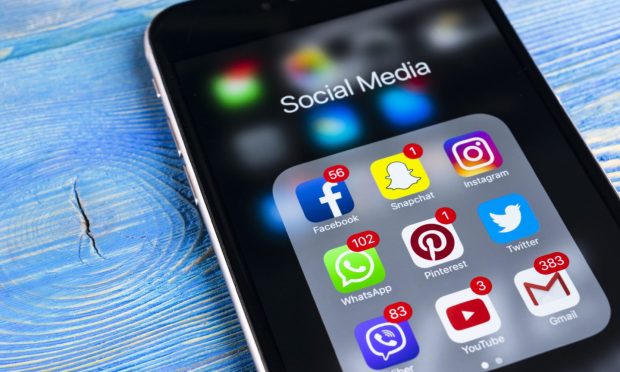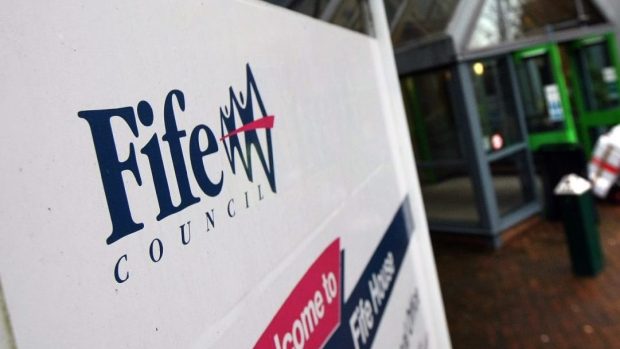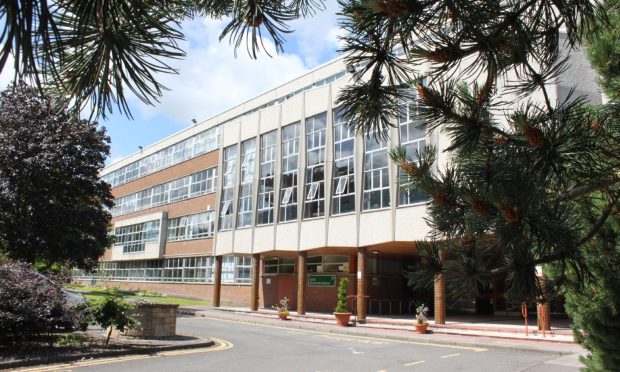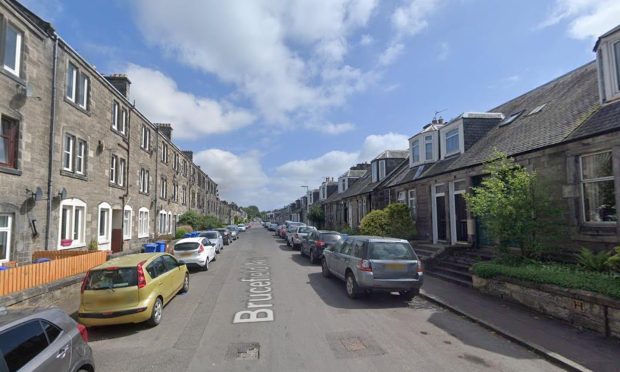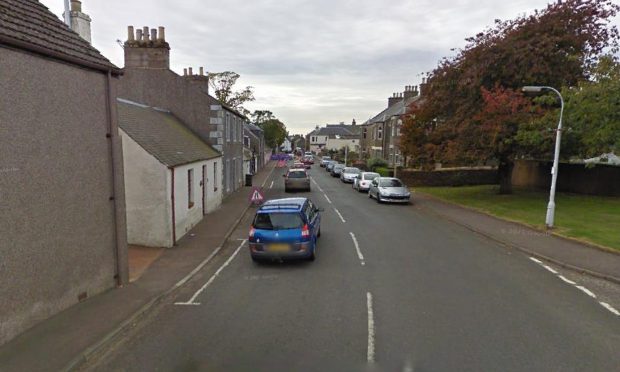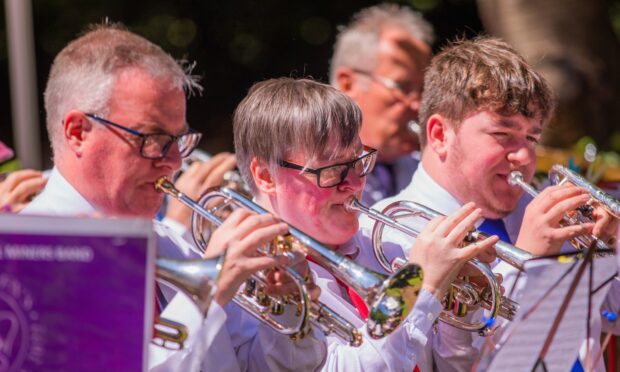A firefighter has shared with crewmates his experience as a mental health first aider in an effort to save lives.
Paul MacFarlane is a qualified mental health first aid instructor and is based at Kirkcaldy Fire Station.
The 45-year-old has trained more than 500 people to become potential life savers after being inspired to help break down stigma.
Through working with the NHS in a previous role, Paul helped support those living with mental health challenges and shaped government policy around the subject.
He hopes to create a “recovery community” within his own watch and provide firefighters with skills.
Paul is aware the skills he is passing on could be particularly useful in lockdown.
Paul revealed: “The role of the firefighter is ultimately to preserve life.
“There are times when we, as firefighters, deal with members of the public experiencing a crisis – this is about giving people the confidence to help.
“The key message is creating a recovery community; communities where people are supported to talk about their mental health.
“One of the most important things I try to get across is how to listen in a non-judgemental way.
“Listening can make a huge difference to anyone experiencing mental health difficulties.”
Paul believes early intervention can be key to preventing problems from gaining momentum.
He said: “If we can recognise symptoms, signs, then we can intervene at an early stage.
“Early intervention can be key and can prevent things from spiralling.
“By having these conversations you are potentially saving a life, but are helping to break down stigma as well.
“Any time someone approaches me and says the skills I shared helped them it’s uplifting.
“I’ve had a lot of support from the watch and from management – they’ve really bought into what we’re trying to do.”
